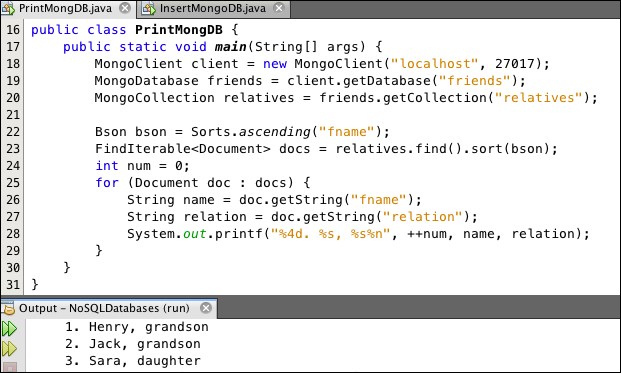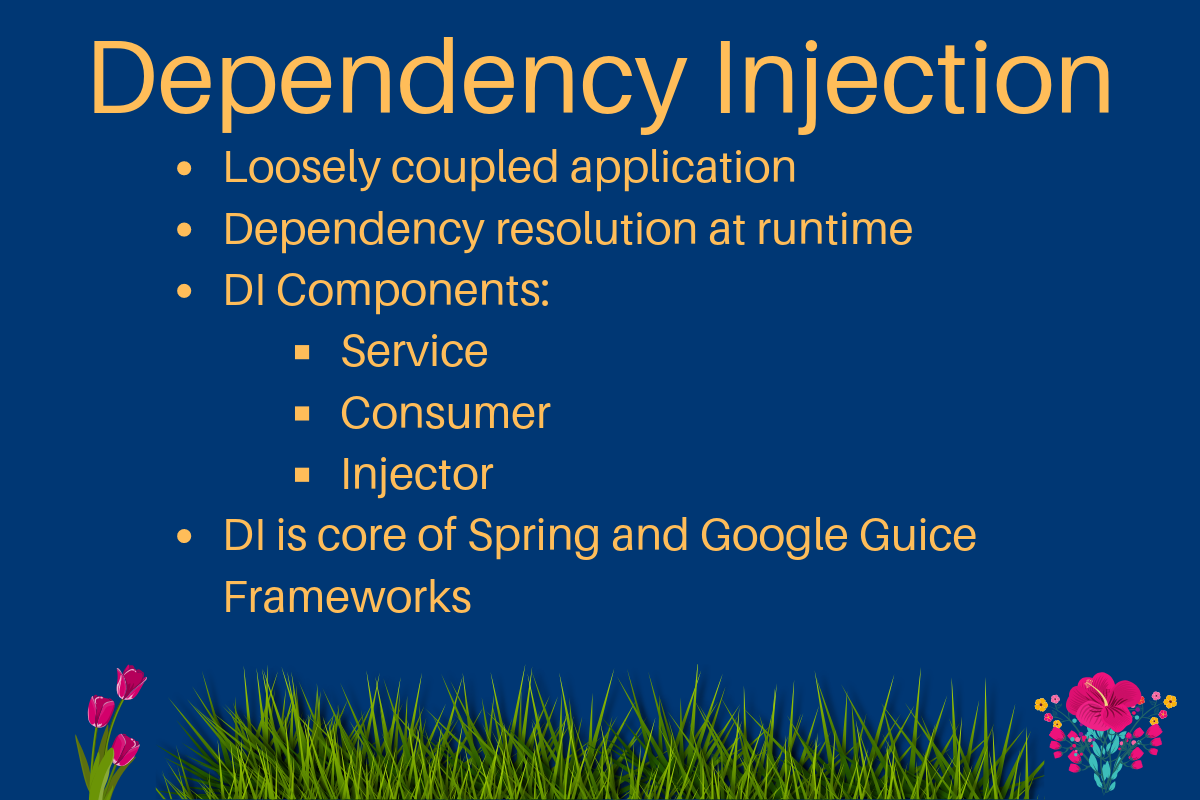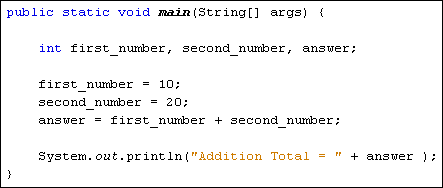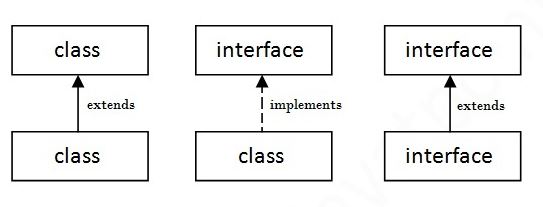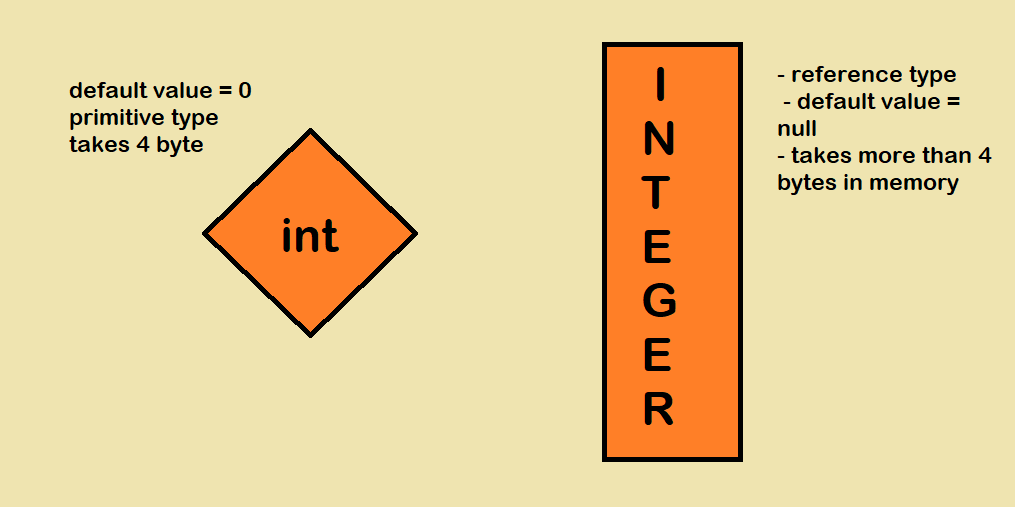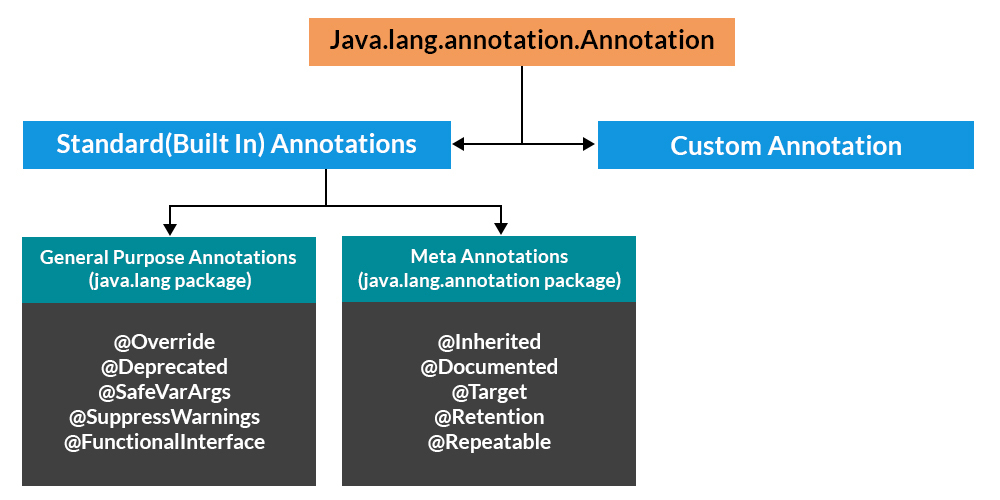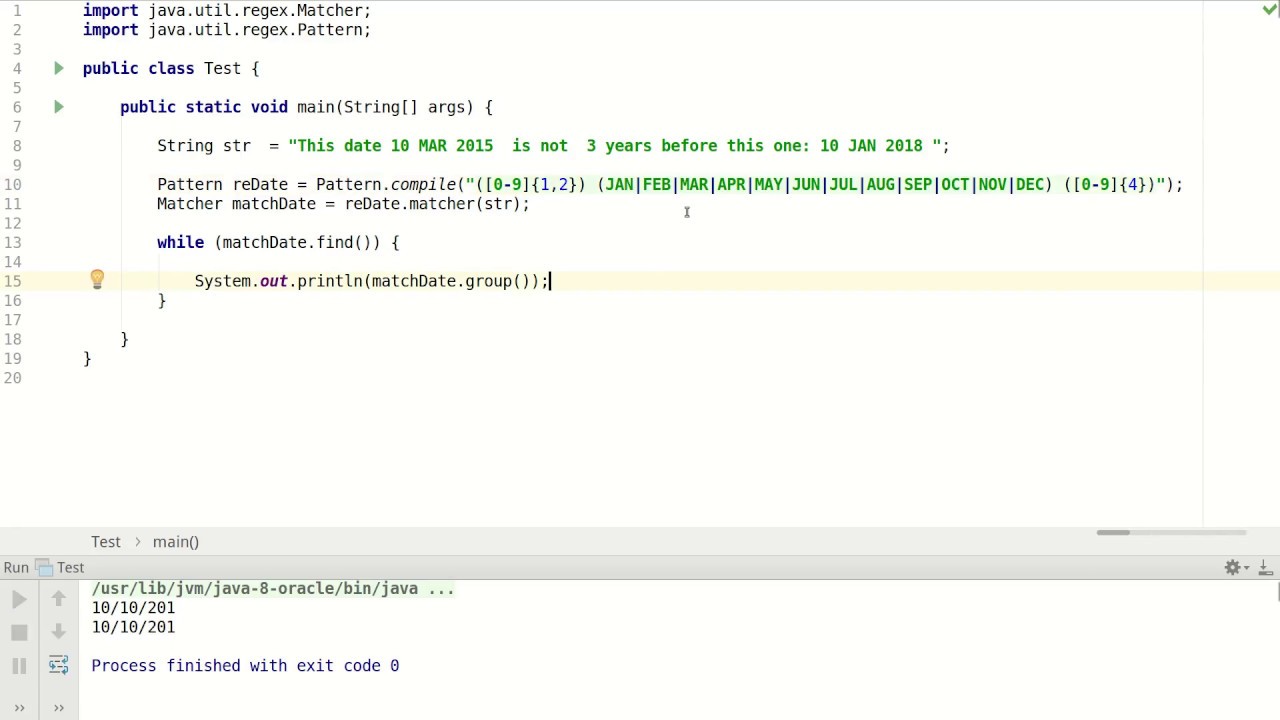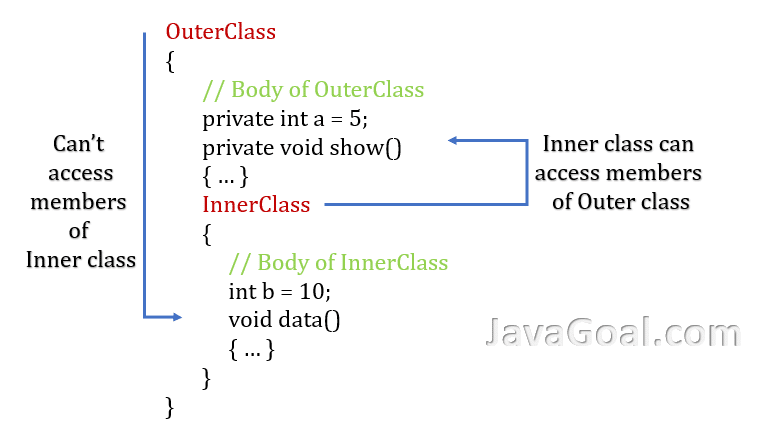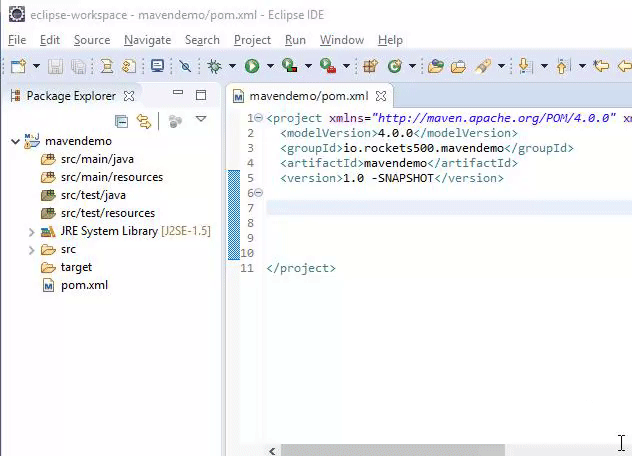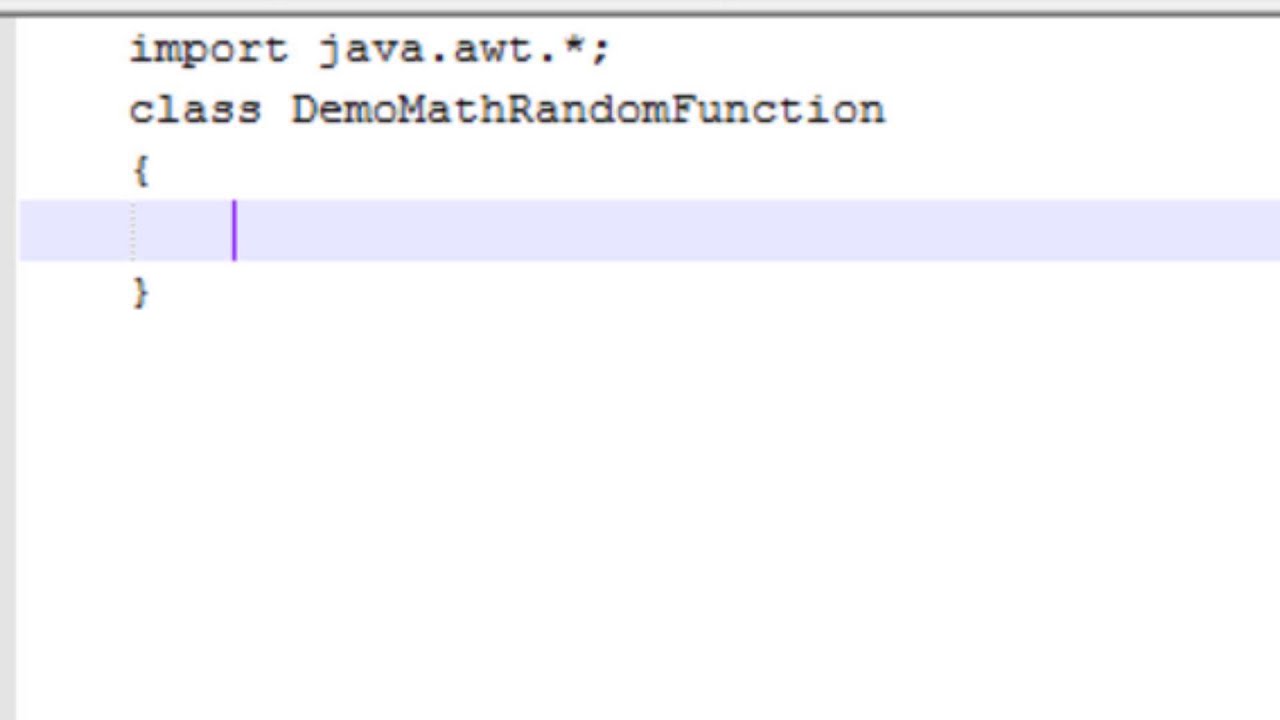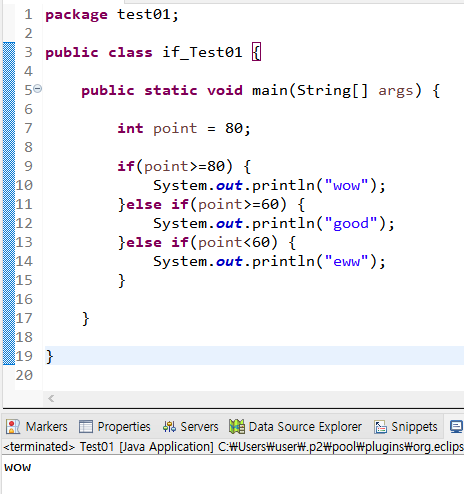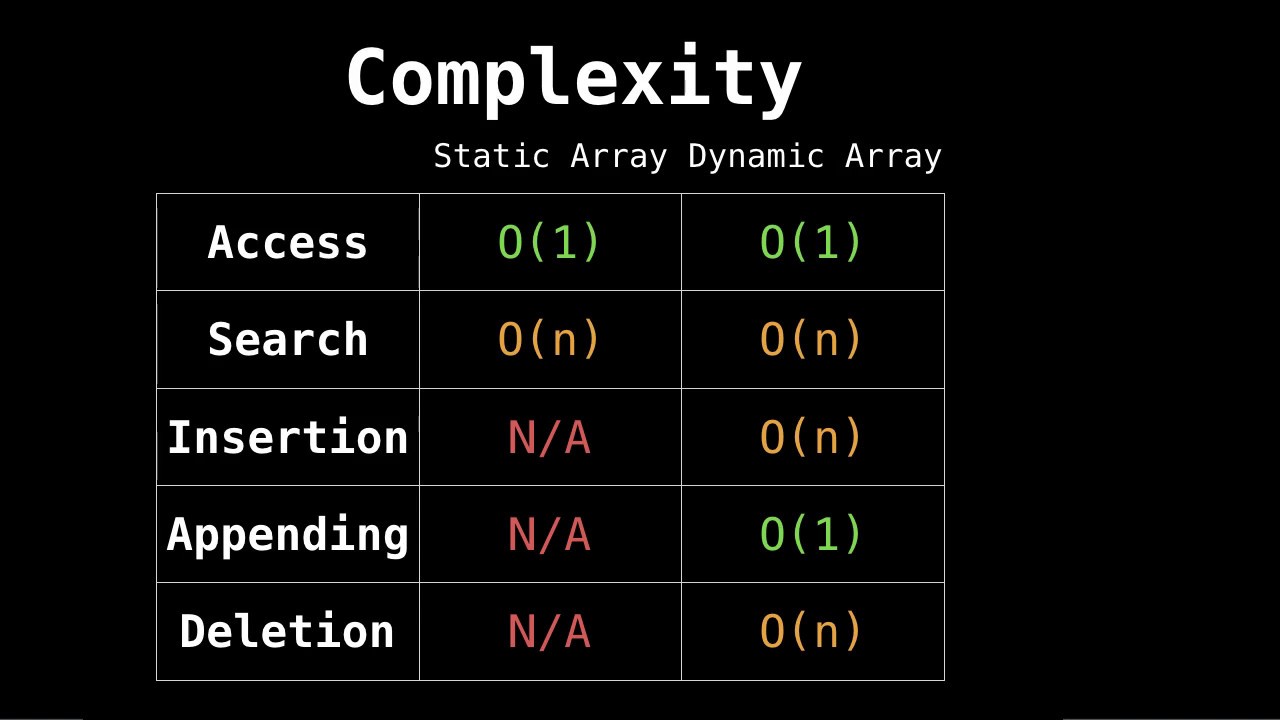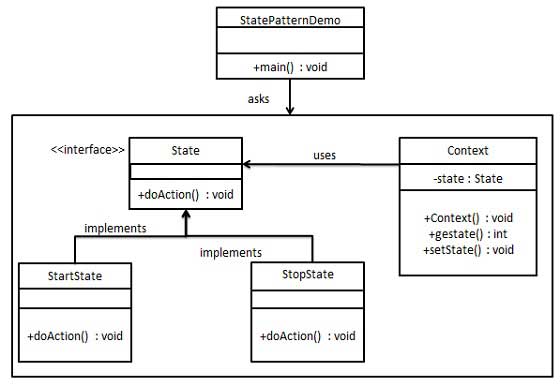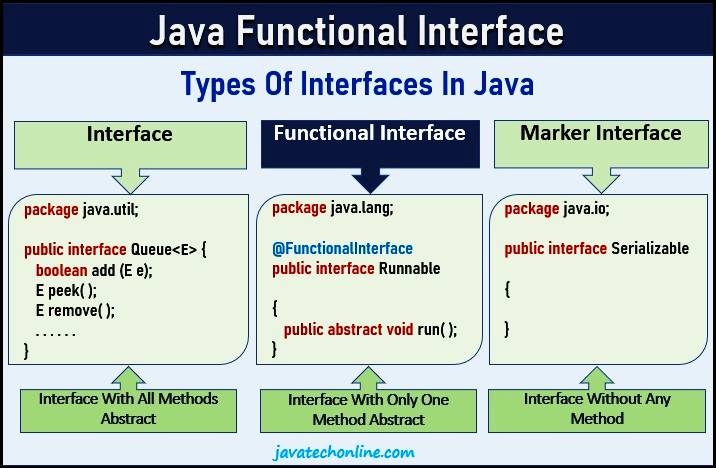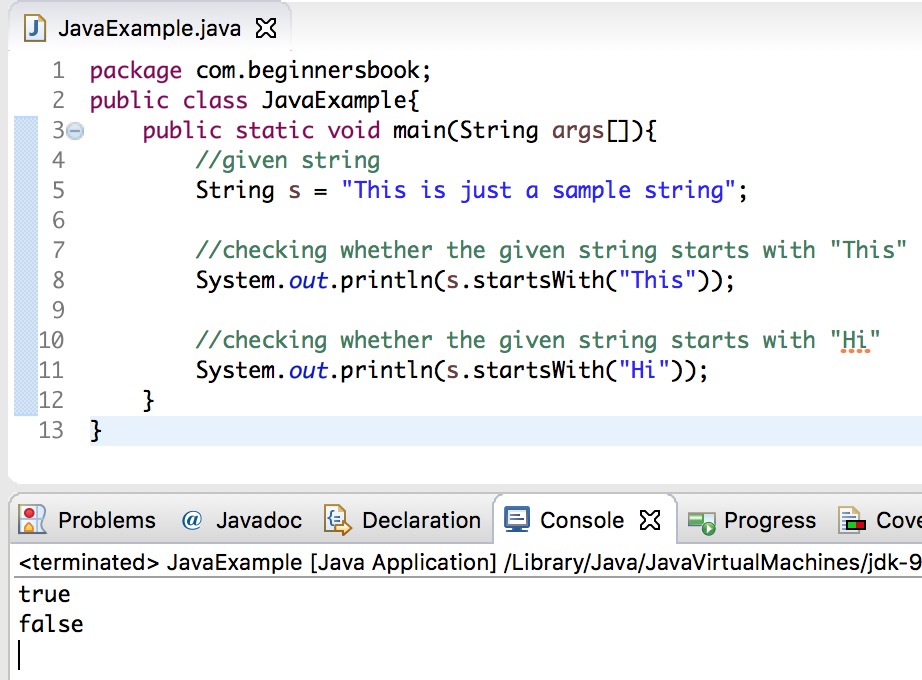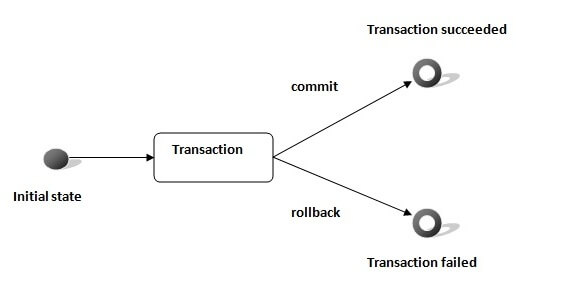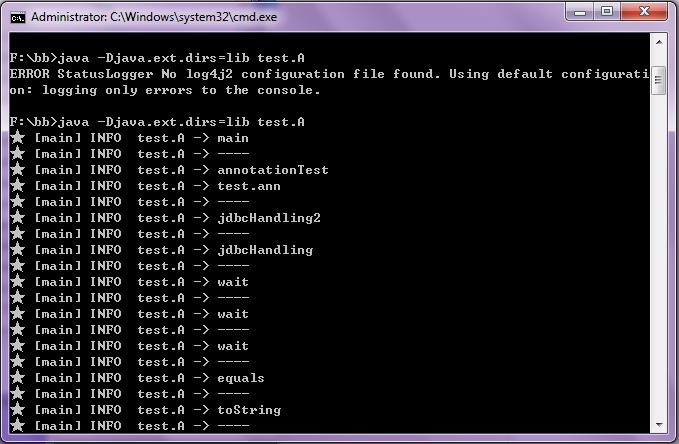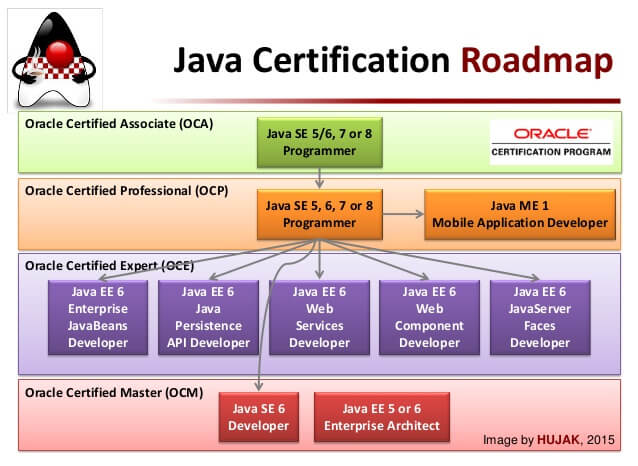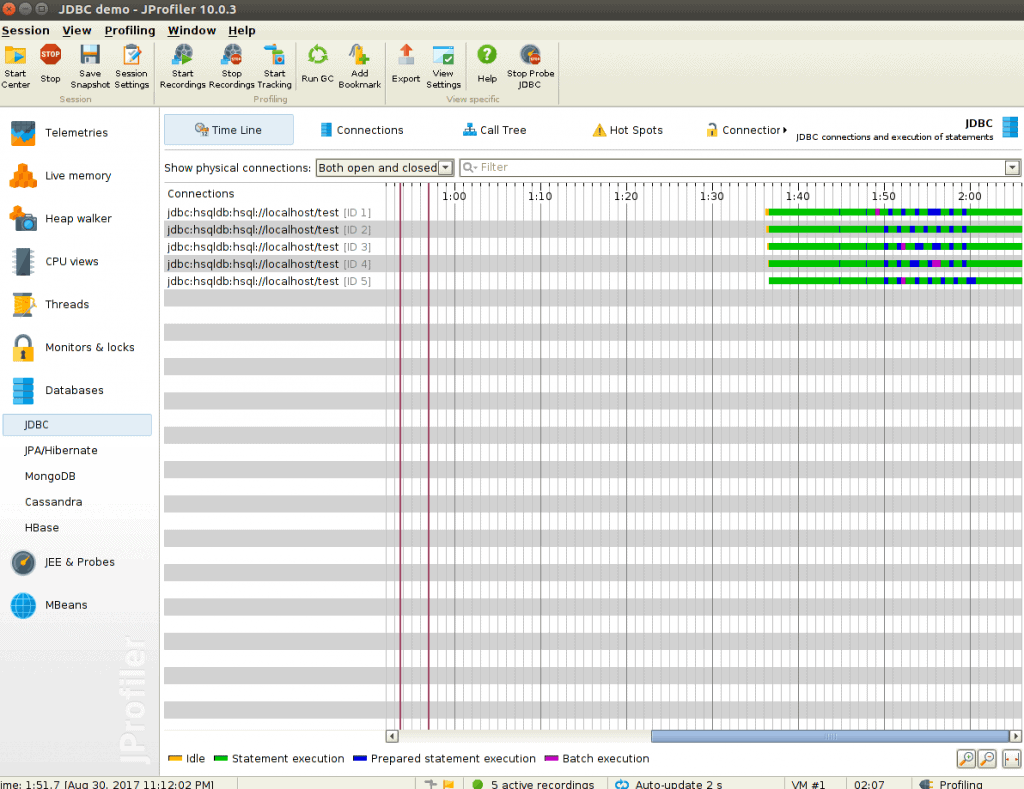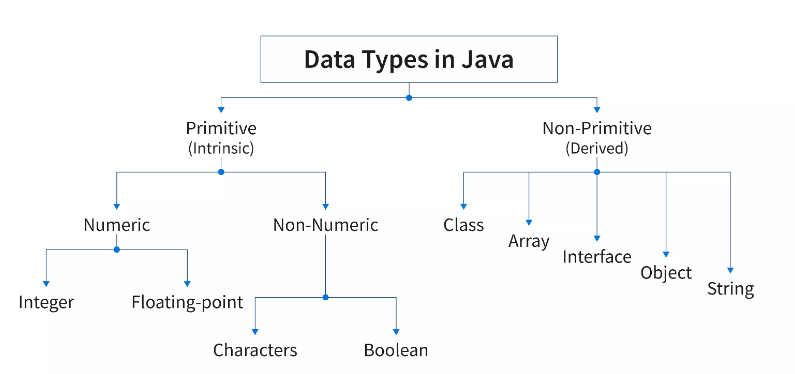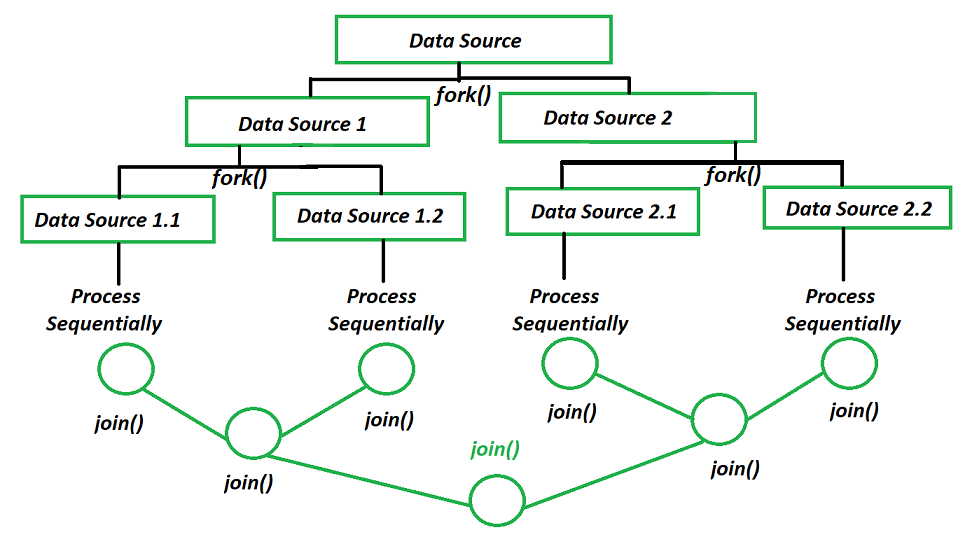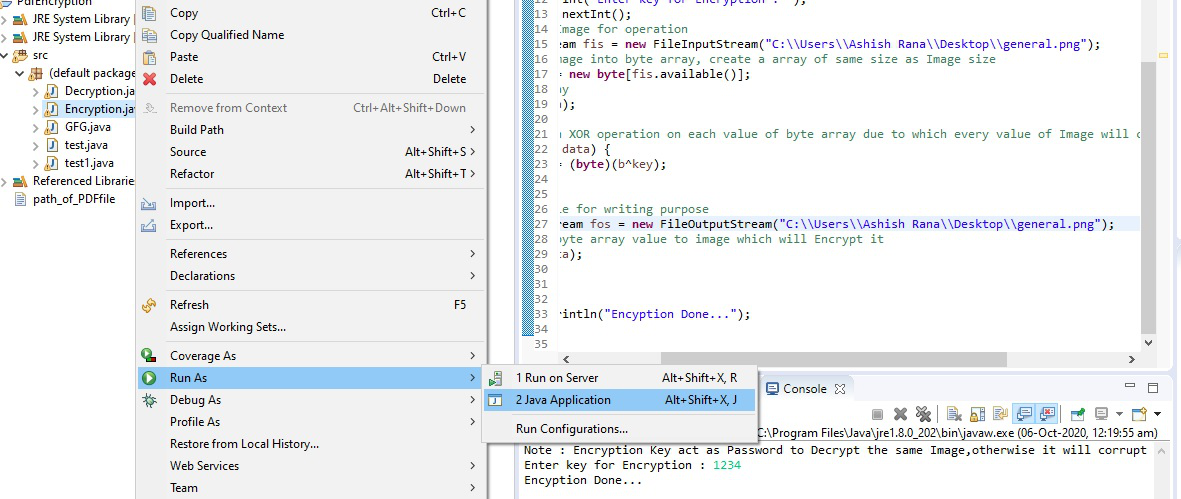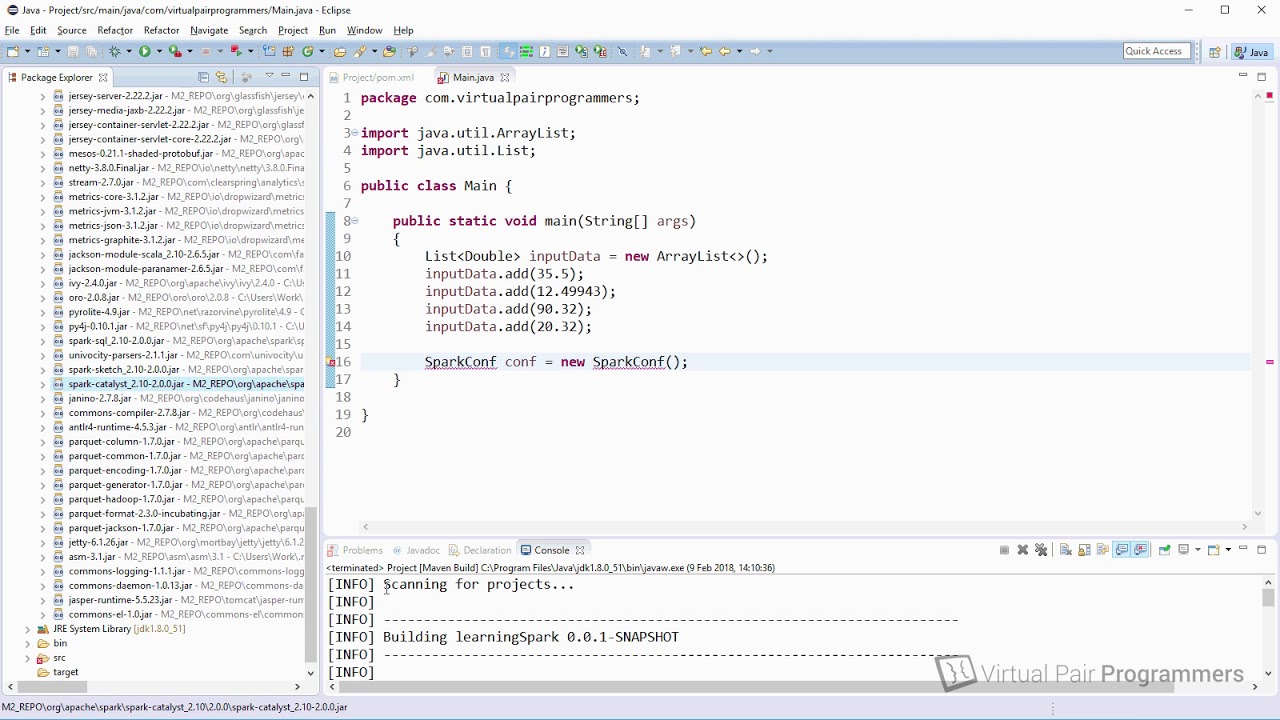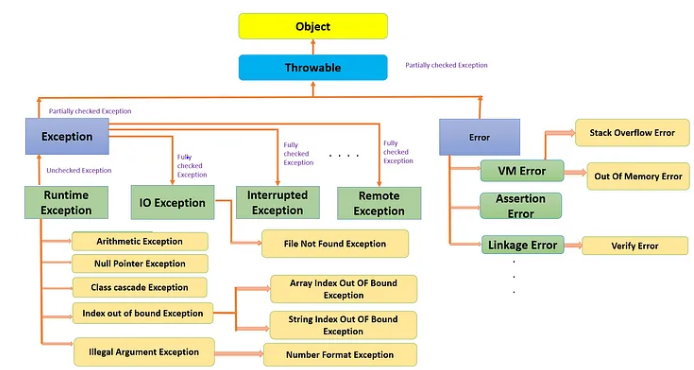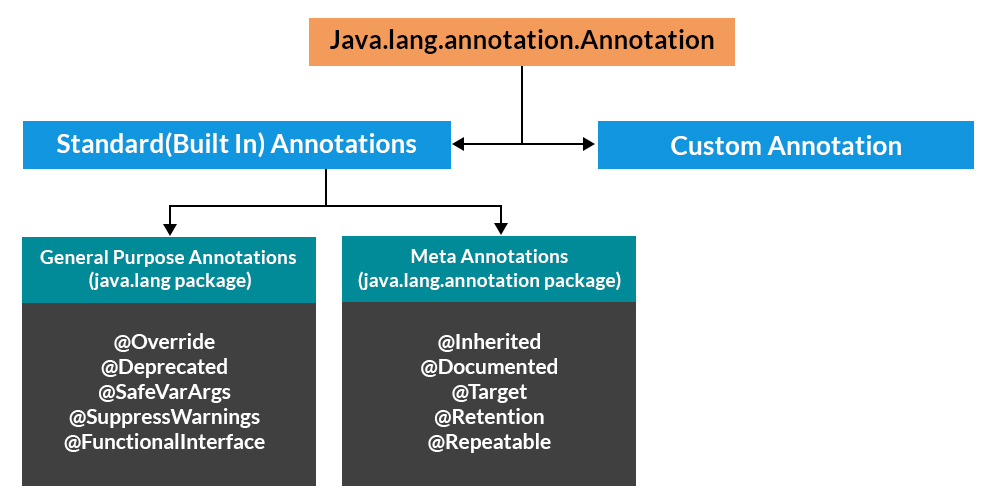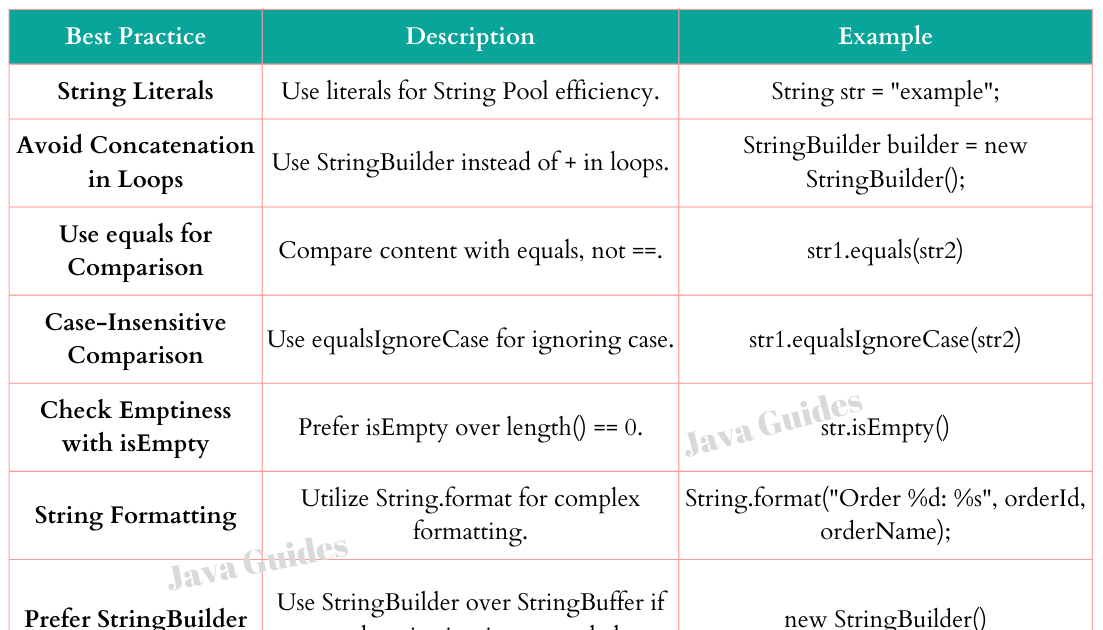Which of the following is safe from sql injection java example
Which of the following is safe from sql injection java example

I'm happy to help! However, I need to clarify that I'll respond in English as per your request.

SQL injection attacks can be prevented by using prepared statements, which separate user input from SQL commands. Here's a Java example:
Let's assume you have a simple web application that allows users to search for books by author or title. You've created a JDBC-based database layer to interact with the MySQL database. Users can input their query in a text field and click the "Search" button.
Vulnerable Example:
String query = req.getParameter("query");
PreparedStatement stmt = conn.prepareStatement("SELECT * FROM books WHERE author LIKE '%" + query + "%' OR title LIKE '%" + query + "%'");
ResultSet results = stmt.executeQuery();
In this example, the SQL query is constructed by concatenating user input (query) directly into the query string. This allows an attacker to inject malicious SQL code, potentially allowing them to execute arbitrary SQL commands.
For instance, if a user enters OR 1=1; --, the resulting SQL query would be:
SELECT * FROM books WHERE author LIKE %' OR 1=1; -- %' OR title LIKE %' OR 1=1; -- %'
The attacker can potentially execute arbitrary SQL commands, such as dropping tables or stealing sensitive data.
Safe Example:
To prevent this type of vulnerability, you should use prepared statements with parameterized queries:
String query = req.getParameter("query");
PreparedStatement stmt = conn.prepareStatement("SELECT * FROM books WHERE author LIKE ? OR title LIKE ?");
stmt.setString(1, "%" + query + "%");
stmt.setString(2, "%" + query + "%");
ResultSet results = stmt.executeQuery();
In this example, the SQL query is constructed using a prepared statement with placeholders (?) for the user input. The actual values are passed as separate arguments to the setString() method, which prevents any malicious code from being injected.
By using parameterized queries and prepared statements, you can ensure that your application is safe from SQL injection attacks.
Additional Tips:
Always use parameterized queries or stored procedures when interacting with a database. Never concatenate user input into an SQL query string. Use white-listing to restrict the types of data that can be entered by users (e.g., only allow alphanumeric characters for author names). Validate and sanitize all user input before using it in any part of your application, including database queries.Remember, security is a top priority in software development. By following best practices and taking steps to prevent SQL injection attacks, you can ensure the integrity of your data and protect your users from potential threats.
Which of the following is safe from sql injection java server

I'd be happy to help!
SQL injection attacks occur when an attacker injects malicious SQL code into a web application's database query, allowing them to extract or modify sensitive data. To mitigate this risk, it's essential to use prepared statements with parameterized queries in Java. Here's why:
Using Prepared Statements
Prepared statements are pre-compiled SQL statements that can be executed multiple times with different parameters. When you prepare a statement, the database parses and compiles it just once, saving time and resources. This approach helps prevent SQL injection attacks because the database treats any user-supplied input as literal text rather than executable code.
In Java, you can use the PreparedStatement class from the java.sql package to create prepared statements. Here's an example:
String query = "SELECT * FROM users WHERE username=? AND password=?";
PreparedStatement pstmt = conn.prepareStatement(query);
pstmt.setString(1, username);
pstmt.setString(2, password);
ResultSet result = pstmt.executeQuery();
In this example, the username and password variables are treated as literal text, rather than executable code. The database will not attempt to execute these values as SQL commands.
Parameterized Queries
Parameterized queries work similarly to prepared statements but are specific to a particular query. You can use the NamedParameterJdbcTemplate class from Spring Framework or the SqlParameterSource class from JDBI to create parameterized queries in Java.
Here's an example using Spring Framework:
String query = "SELECT * FROM users WHERE username=:username AND password=:password";
Map<String, Object> params = new HashMap<>();
params.put("username", username);
params.put("password", password);
List results = namedParameterJdbcTemplate.query(query, params, (rs) -> {
User user = new User();
user.setId(rs.getLong("id"));
// ...
return user;
});
In this example, the username and password variables are treated as literal text, rather than executable code. The database will not attempt to execute these values as SQL commands.
Conclusion
To be safe from SQL injection attacks in a Java-based server, use prepared statements or parameterized queries with user-supplied input. This approach ensures that the database treats any user-input data as literal text, preventing malicious code execution. By using prepared statements and parameterized queries, you can protect your application from this common web vulnerability.
Additional measures to prevent SQL injection attacks include:
Validating and sanitizing user input Limiting database privileges to minimize potential damage in case of a breach Regularly updating and patching your Java runtime environment and librariesRemember, security is an ongoing process that requires constant vigilance and improvement. Stay informed about the latest web vulnerabilities and best practices to ensure the security of your application.
